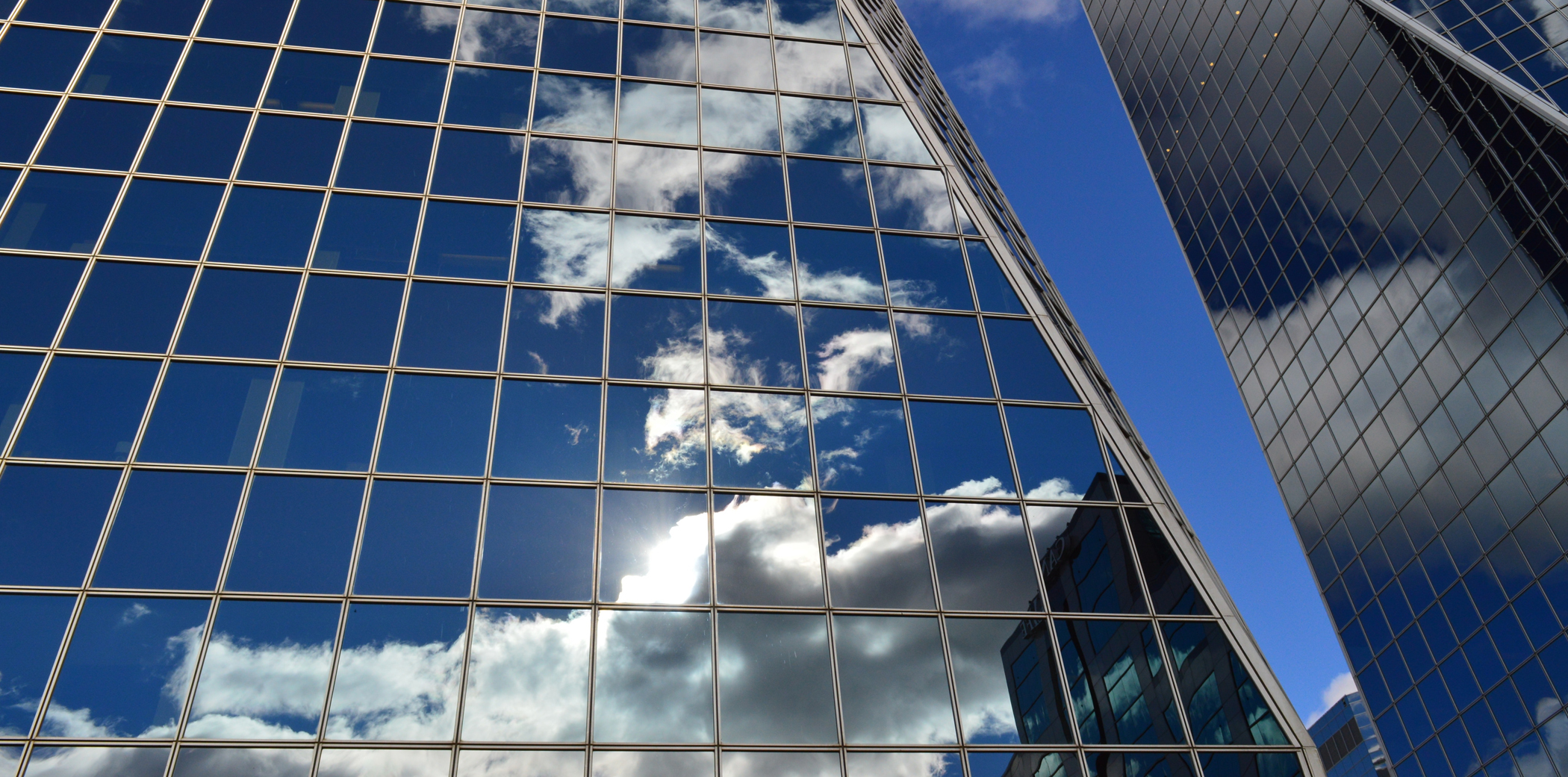
Everything You Need To Know To Buy Real Estate With A SBA Loan
The U.S. Small Business Administration (SBA) provides small businesses multiple options that can be specifically used to purchase real estate for office space, retail space and commercial real estate. Looking to purchase real estate, fixtures, or equipment to expand your small business? These necessary expenses can run pretty costly, which is why many business owners turn to outside financing to help carry that burden. You can explore a number of different funding options—from traditional bank loans to the newer wave of online lenders—but don’t overlook the possibility of SBA real estate loans. Though they’re hard to nail down, thanks to their stellar terms, SBA real estate loans could very well be worth the effort for your small business. As such, we’ve compiled a guide to all the information you’ll need to decide if SBA real estate loans are worth the effort for you.
In short, through these partial guarantees, the SBA gives small business owners the chance to work with long-term, low-interest loans that they’d otherwise never qualify for, by making their otherwise risky investments attractive to lenders. The SBA even offers two possible choices to fund commercial real estate with—the CDC/504 Loan Program and SBA 7(a) Program real estate loans.
SBA 7a Real Estate Loan
So, what are the terms that SBA lenders can offer up with the 7(a) program?
Through the SBA 7(a) Loan Program, lenders can lend up to $5 million. And though the minimum loan amount for an SBA 7(a) loan is $50,000, lenders tend to shy away from smaller loan amounts—the average loan amount in fiscal year 2012 was $337,730, according to the SBA.
As for repayments terms, when a borrower uses a 7(a) loan specifically for investing in real estate, the term is often as long as 25 years. Unlike 504 loans, though, 7(a) real estate loans will come with a minimum downpayment of 10% that a borrower will have to contribute, and, as a result, often require the borrower to be able to put down much more than 10%.
A 7(a) real estate loan will often come at greater loan amounts and longer terms than other 7(a) loans. Because of this, it will come at lower rates—7% is a standard interest rate for a 7(a) real estate loan.
While you can still choose to earmark funds towards purchasing land or buildings, you can also use a 7(a) loan for business renovations, building out a leased property, capital expenditures like meeting payroll expenses, and to help with everyday operating costs.
However, the CDC/504 uses your real estate purchase as collateral, while the 7(a)—since it’s not only for SBA real estate loans—may take business and personal assets as collateral. This will be a distinct downside to the more general nature of this SBA real estate loan option. Though you’ll be able to use its proceeds towards a wider variety of ends, the structure isn’t necessarily tailored towards purchasing real estate because of this. According to the SBA, the proceeds from a 7(a) loan can be put towards the following uses:
- Expand, acquire or start a business
- Purchase or construct real estate
- Refinance existing business debt
- Buy equipment
- Provide working capital
- Construct leasehold improvements
- Purchase inventory
SBA 504 Real Estate Loan
SBA 504 loan rates are some of the best out there.
Their repayment terms will either be 10-year terms or 20-year terms. For the 10-year CDC/504 loan, the maximum interest rate currently sits at 4.08%, and for the 20-year CDC/504 loan, the maximum interest rate rounds in at 4.83%. Generally speaking, SBA 504 loans can range anywhere from $125,000 to over $20 million.
The portion of a 504 loan that the CDC guarantees will come with a fixed interest rate—this means that the interest rate on this portion of your 504 loan won’t fluctuate with the market over its term. The interest rate on the rest of the loan that’s provided by the lender, however, can fluctuate with the market over its life.
In most cases, the CDC may work with a lender who provides 50% of the total funding for the project. The SBA, in turn, typically provides 40% of the project costs, and you would contribute the remaining 10%.
As this SBA real estate loan option is designed specifically for real estate investment, and real estate investment only, the answer to this question is pretty easy—small business real estate investment.
But what does that mean exactly? Let’s take a look at what the SBA and CDC deems real estate investment:
- The purchase of existing buildings
- The purchase of land and land improvements, including grading, street improvements, utilities, parking lots and landscaping
- The construction of new facilities or modernizing, renovating or converting existing facilities
- The purchase of long-term machinery
- The refinancing of debt in connection with an expansion of the business through new or renovated facilities or equipment
To be sure, this SBA real estate loan can’t be used for providing working capital or refinancing debt, so if you’re looking for a more versatile loan, then consider your other SBA real estate loan option, the SBA 7(a) loan program.


